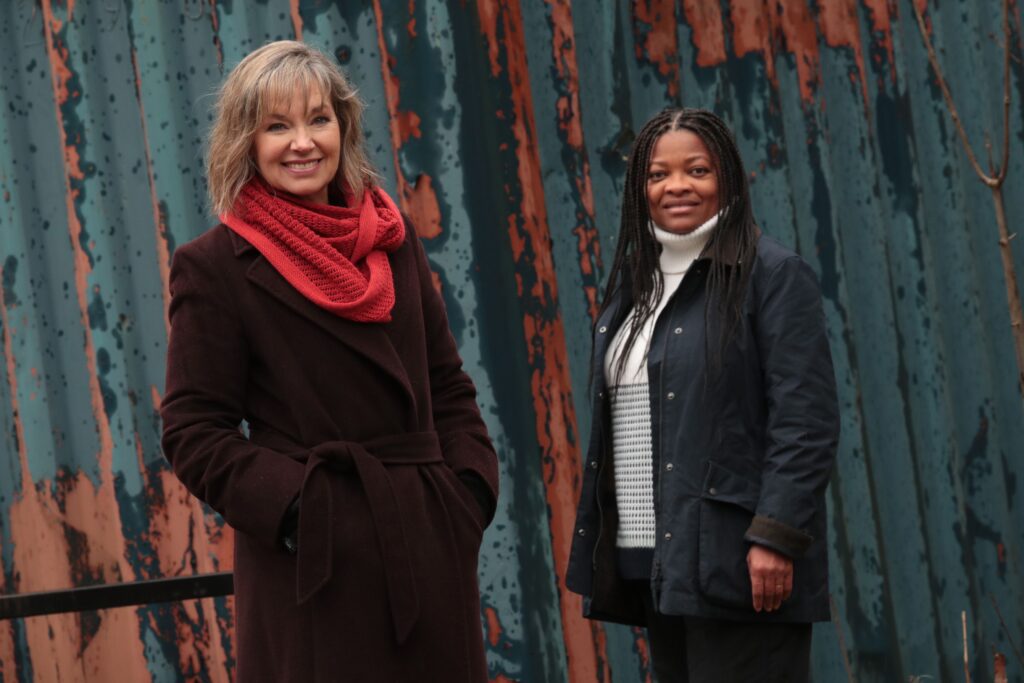An Edinburgh-based social enterprise has secured funding to expand a programme which helps minority ethnic women in Scotland return to work after career breaks.
AAI EmployAbility‘s Scottish Government-backed scheme, ‘Back to Work’, aims to improve employment prospects, update skills and increase confidence, while offering access to both employers and paid work placements.
Between November 2021 and March 2022, programme participants can utilise employability coaches and employers through interactive workshops, one-to-one coaching and tailored training resources.
AAI Employability is now in its fifth year of working with what is a widely underrepresented demographic who experience multiple barriers to employment.
Organisations participating in the programme are from the public, private and social enterprise sectors, ranging from large corporations to small medium enterprises and startups.
Joy Lewis, chief executive of AAI EmployAbility, said: “Our team is consistently blown away by the level of talent that comes through from this underrepresented group. Last year, we supported thirty women to realise their potential, regain their confidence and break the stigma around taking career breaks. We’ve seen the impact this work can make, so we want to double the number of women we are supporting.”
Since 2010, AAI EmployAbility has worked with over 1,700 people, over 1,100 businesses, and has a 97 per cent success rate on job placements. AAI EmployAbility rebranded in 2019 (from Adopt an Intern) to reflect its wider work in inclusive recruitment, diversity training and social impact projects. Its core Diversity Works initiative builds on the experience of five employment projects to support people of minority ethnic backgrounds in Scotland.
Yvette McLaren, who participated in AAI EmployAbility’s previous Back to Work programme and secured a six-week placement with Edinburgh-headquartered cashflow forecasting startup Float, said: “The whole experience was incredible because it built my confidence and it felt like I wasn’t in things alone. Before the programme and placement, I wasn’t sure if I wanted to go back to work in HR, but the experience reminded me how much I loved working with people.”
While industry research shows that more diverse workforces deliver significantly greater performance, the employment rate in Scotland for minority ethnic women is 20 per cent lower than for white women, while minority ethnic women are also paid correspondingly less than their white counterparts.
Enoch Adeyemi, chief executive and co-founder of Black Professionals Scotland, said: “The last eighteen months have been especially hard for the black community in Scotland, and Covid has affected us disproportionately with more of us now unemployed.
“Whether it is the racial abuse of black footballers or having to continually talk about racism, it has densely [sic] put a toll on our collective wellbeing. Projects like this from AAI, and the backing from the Scottish Government, offer hope and crucially, access points to employment desperately needed for people from underrepresented backgrounds so they can achieve their potential in the workforce.”
AAI’s Back to Work programme is now accepting participants from across Scotland.
